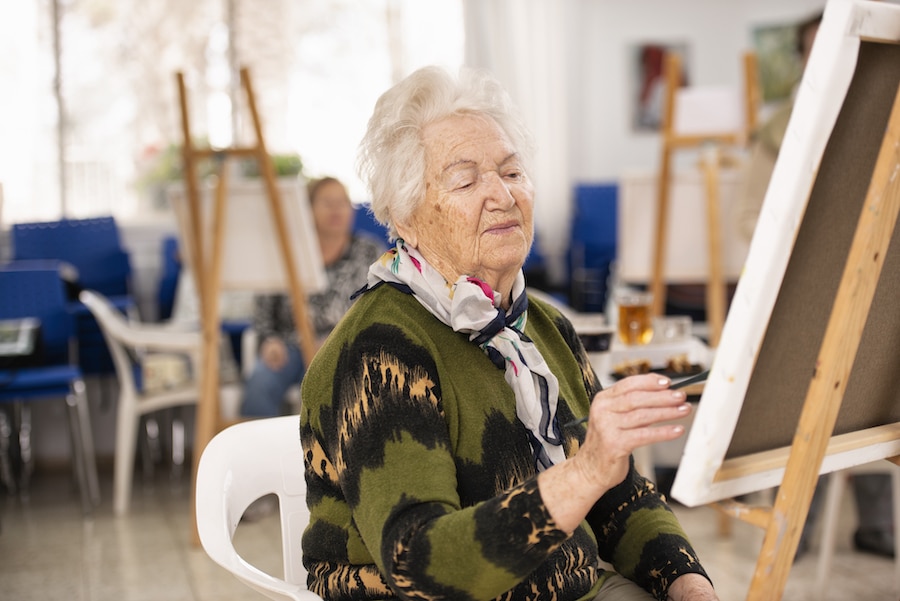
Research into combination drug therapies for the treatment of Alzheimer’s have shown to only have a minor impact on alleviating symptoms or slowing the progression of the disease. While the specific drugs approved by the United States Federal Drug Administration do help people diagnosed with mild to moderate dementia due to Alzheimer’s with improved memory, mood and behavior, they do not have a significant impact on more advanced symptoms.
A study published by Sage Journals, the journal of geriatric psychiatry and neurology, evaluated if cholinesterase inhibitor, or ChEl, drugs like donepezil, galantamine and rivastigmine could be more effective in treating Alzheimer’s symptoms when combined with the drug memantine. Patient’s given both a ChEl drug and memantine did show a slight improvement in their Alzheimer’s symptoms, but the researchers ultimately concluded:
“While some well-designed trials suggest a slight cognitive benefit from use of memantine in combination with ChEI over ChEI monotherapy, other trials of at least comparable quality have failed to replicate this effect.”
On a positive note, researchers noted that any improvement in symptoms, even very slight, warranted further study into the effectiveness of combination drug therapies on a larger scale to address the increasing public health issue Alzheimer’s is becoming as the number of new cases diagnosed every year continues to grow.
Non-drug Therapies for Alzheimer’s
While combination drug therapies have not yielded significant improvements for treating the symptoms of Alzheimer’s especially as it become more advanced, families of loved ones living with it should not be discouraged. Non-drug intervention, or complementary therapies, continue to help control many of the symptoms of Alzheimer’s like agitation, wandering and angry outbursts.
At The Cordwainer, we stay knowledgeable about all current research into helping patients with Alzheimer’s continue to live a rich full life. Our complementary non-drug therapies include musical instruction that involves learning to play an instrument which has shown to greatly improve memory, calm anxiety and ward off apathy by keeping residents engaged in their surroundings and with others. Our language and art curriculum rounds out The Learned Environment™ resident programs designed specifically for people living with Alzheimer’s and dementia to help them avoid depression and isolation, common side-effects that diminish their quality of life. These therapies are safe for everyone with no adverse side-effects and are supervised by our specially trained team of caregivers.
If you have a loved one living with Alzheimer’s or dementia and want to know more about non-drug therapies that can help alleviate symptoms to improve their mood and enjoyment in life, please reach out to our knowledgeable team of experts who will gladly share what they know. You can also find helpful information in the Experts Corner on our website or call 781-544-2777.
To read the full study into combination drug therapies for the treatment of Alzheimer’s click here.

